“Alcohol Was Like A Mini Vacation For Me, A Chance To Be Free From Worry And Symptoms Of Anxiety. But When The Morning Came After A Night Off Drinking, I Felt The Storm Of Bodily Sensations And Worry Like I’ve Never Felt Before.”
GAD-Anxiety can wreak havoc in the daily life. Most people look towards alcohol intake as a means to ‘remedy’ the anxiety. Alcohol may offer some temporary respite, but in the long run, things eventually take a turn for the worse. Getting drunk is indeed the worst idea for GAD.
Presented below are the adverse effects of alcohol on GAD:
Alcohol intake may trigger depression
After a night of drinking, alcohol gets removed from the body and nervousness and shakiness are the after effects. Some people may feel somewhat ‘off’ while others may suffer from a hangover.
Consumption of alcohol increases the levels of serotonin for a short period. This chemical offers a temporary sensation of goodness. It plays a major role in regulation of mood and can have an impact in behavior and thinking. This effect may occur not only when consuming alcohol, but for a long time even after you stop drinking. Slowly, serotonin levels then begin to reduce and can result in sadness and depression.
Alcohol intake can aggravate other underlying mental health conditions
GAD often tends to co-exist with other mental issues. People without any mental challenges often tend to be slightly in disarray after a night of drinking. However, people with anxiety and other mental challenges tend to suffer from more adverse symptoms than just being ‘out of sorts’ the next day. They are more likely to also get addicted to alcohol. Nearly 50 percent anxiety sufferers in the US have been diagnosed with alcohol addiction.
This fact is also an indication that many anxiety sufferers may have a greater tendency for substance abuse and self-medication, etc. for alleviation of anxiety symptoms.
Hangovers and other alcohol effects can result in physical discomfort
As the process of alcohol leaving the body begins, the levels of blood sugar tends to decrease, thereby resulting in shakiness and weakness. The toxins present in alcohol also produce an inflammatory response by the body marked by activation of proteins that help protect the tissues and cells of the body. All these physical symptoms can worsen anxiety.
Dehydration also occurs after a night of drinking
This can cause people to feel sicker. The sedative effect of alcohol causes the nervous system to overwork and may lead to occurrence of symptoms like sleeplessness and photosensitivity, etc. which further contribute to worsening of anxiety.
Another physical after effect of alcohol is that the body behaves as it is unwell even when an individual is no longer intoxicated. A drop in blood glucose levels can lead to nervousness, lightheadedness, and shakiness.
Alcohol is full of sugar!
Hence lots of sugar gets ingested into the body when drinking alcohol. Eventually the body will release this excess sugar which will lead to a major crash of the system.
Such a crash from the highs achieved during a night of drinking will lead to increased exacerbation of the physical and mental symptoms in people with GAD. And those individuals who suffer from severe alcohol withdrawal symptoms, such as alcohol abusers or heavy drinkers, may most likely avoid seeking help due to fear of the withdrawal symptoms.
Instead of drinking alcohol to ease anxiety, people can opt for a variety of other remedies like meditation, yoga, exercising, socialization, cognitive behavioral therapy, and counseling sessions with a therapist, mentor, or coach.
Tired Of Managing Your Anxiety? Ready To Turn Fear Into Freedom? Learn More About The #1 CBT Based Program For Generalized Anxiety Today.

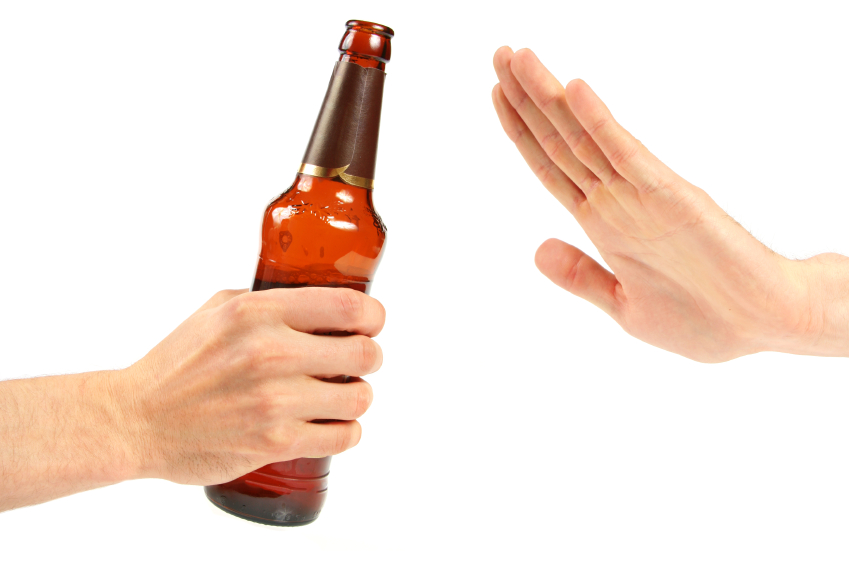
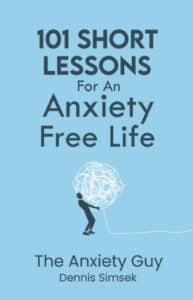

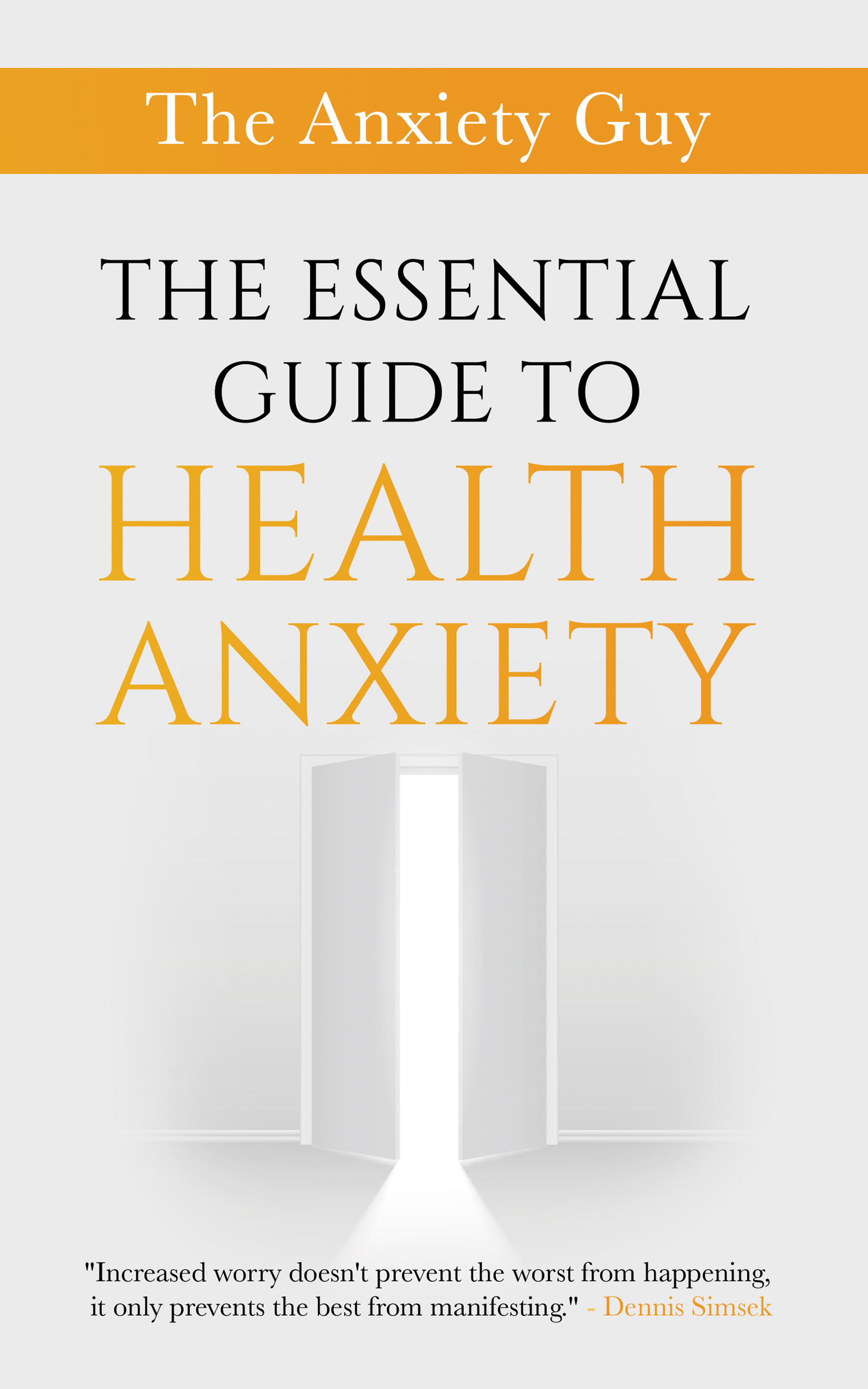
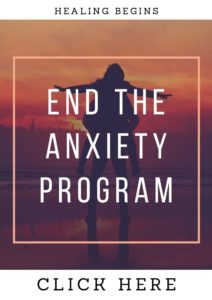
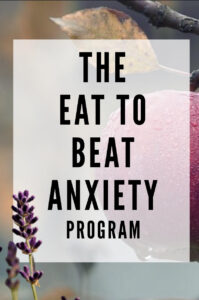



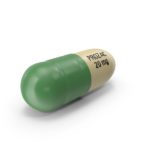
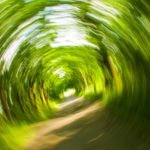







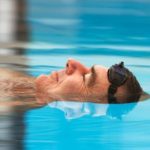
Thank you for this excellent report,
I have BP and I struggle with drinking, I often try to convince myself that a few drinks will take away some of the depression. I know it won’t But It’s a huge struggle ! Now I try yoga and prayer I find it keeps my mind a little more focused
If it’s working stay on track Steve.